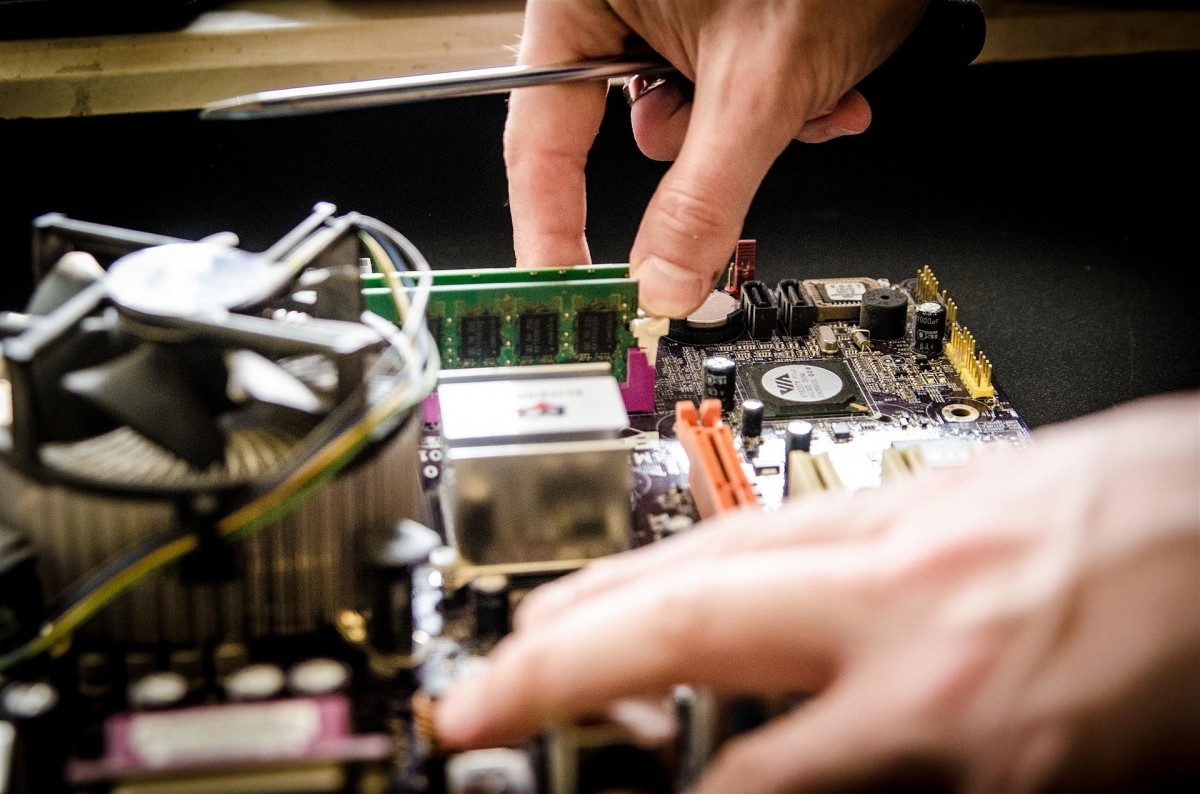Fixing a phone, a computer or any other electronic equipment can be a real challenge for European consumers.
Manufacturers can limit the lifespan of their own devices, which is known as “planned obsolescence”, or even make their products nearly impossible to repair.
To change this, campaigners across the European Union are rallying around the right to repair, which they see as an effective way to green the economy by making repairs easier and more affordable.
Local initiatives have already emerged in several countries, from repair groups to tax incentives.
According to a European Commission study, 77% of EU citizens would rather repair their devices than replace them. In addition, 79% think that manufacturers should make their digital devices easier to repair, with better access to individual parts.
Chloé Mikolajczak, a campaigner at Right to Repair Europe, says: “We are producing even more e-waste, electronic waste, than ever before. I think it’s around 53 million tonnes, which is huge. So, by giving people the right and the possibility to repair their own products it clearly reduces the quantity of waste that we are sending to landfill.”
While the European Commission plans to take action on this topic, as part of its green agenda, policymakers in the European Parliament have also been pushing in the same direction.
Green MEP David Cormand argues that extending the right to repair will give consumers greater protection when their devices break down. He also wants to tackle “planned obsolescence” by replacing this concept with “premature obsolescence”.
“Planned obsolescence gives the impression that the manufacturer programmed obsolescence on purpose. From a legal point of view, it is difficult to prove. Whereas with premature obsolescence, all you need is to show that the lifespan of an object is not what it was supposed to be in order to prove its obsolescence,” Cormand tells Euronews
On 26 October, the European Parliament committee on the internal market and consumer protection dashed the hopes of campaigners. While it recognised the right to repair, it failed to impose stricter rules on manufacturers, such as mandatory labels to indicate the lifespan and the repair potential of each product.
“What we’re disappointed with is the fact that they adopted amendments that limit the mandatory labelling of products in favour of voluntary schemes,” says Mikolajczak. “We were really pushing for mandatory labelling of products.”
Cormand, the rapporteur on this resolution, stresses that the initial draft was considerably watered down after the European People’s Party (EPP), Renew and European Conservatives and Reformists (ECR) groups tabled amendments. The industry has also indicated that making devices more repairable could raise privacy and security issues.
The resolution will be put for a vote in the European Parliament at the end of November.
euronews.com
pixabay


















